
OR
#OPINION
Corruption and Moral Bases of Democracy
Published On: February 29, 2024 08:30 AM NPT By: Mohan Nepali
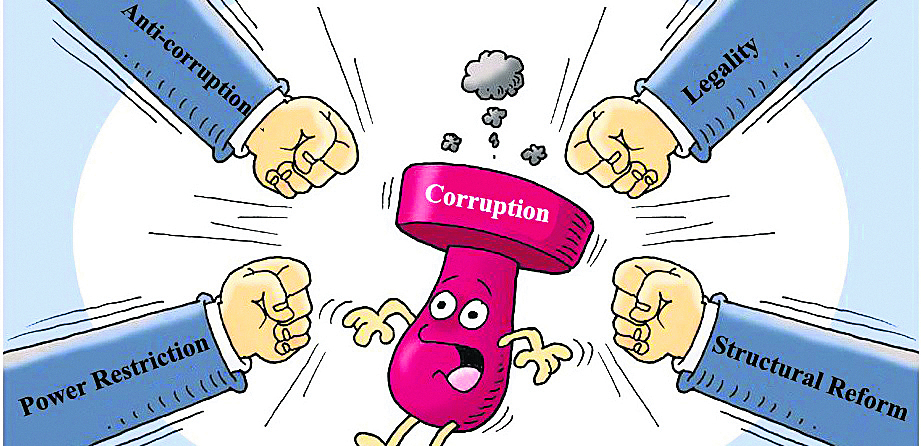

Mohan Nepali
The author is a freelance media researcher, with specialization in Mass Communication and Journalismnews@myrepublica.com
A number of economic scandals, being continuously exposed one after another in recent years, have raised grave questions about the moral fabric of Nepal’s democracy. As most of the already unfolded scandals have been found to be treated with an undesirable degree of superficiality, the moral crisis in the Nepali political spectrum is getting further deepened. As a result, Nepali democracy has been facing unprecedented moral challenges concerned with indefinitely chronic corruption and unethical practices at formal and informal levels. It has now been extremely imperative to fearlessly address the moral crisis.
Citizens' trust in the country's governing institutions is the foundation of a genuine democracy. But the gradual erosion of this trust can debilitate the foundation of democracy, especially in the light of ever-unfolding economic scandals. While embezzlement and mismanagement of public funds continues to be exposed, the Nepali citizens, mainly the innocent majority, remain disillusioned with the official mechanisms designed to serve and safeguard their interests. Unhindered corrupt practices within the nexus between political and business realms stain democracy, further eroding moral integrity that is so vital for a democracy to fructify in a real sense.
Social inequalities exacerbate when the gap between millions of have-nots and the limited privileged gets wider, with corruption getting institutionalized and reconsolidated. Frequently occurring scandals, involving embezzlement of development funds, gold smuggling and human trafficking, must not go undecided because such incidents impede the nation's overall development process, misleading public psychology toward the wrong direction.
Accountable politics
While the questions concerning Nepali state apparatuses' checks and balances arise frequently amid numerous scandals, political leaders' accountability as a cornerstone of healthy democracy must come to the center of national political debate. It is very important not to let the credibility of democratic institutions erode. Decisive and swift actions against any arising scandals are required to avert the possibility of moral erosion. Civil society forces such as non-governmental organizations, media and other civil advocacy groups have a role to play in combating corruption. They are to function as watchdogs and public opinion forming agents that can scrutinize the work of public institutions and business entities. One must never undermine the essentiality of a vibrant civil society toward fostering transparency and accountability.
Building a Moral Culture
Building a culture of moral integrity to a greater extent in both private and public sectors requires a concerted effort to which the existing lustful mindset among stakeholders may not be conducive. Short-term efforts will not suffice. Policymakers and policy executives need to make and sustain long-term efforts towards constructing moral bases of democracy and human rights, linking them to the political, socio-economic and cultural transformation of the Nepali society. Long-term efforts in favor of building a culture of moral integrity definitely include the provision of strong moral education from earlier stages of children's education. Children trained in a culture of moral integrity can immensely contribute to building an alert and attentive citizenry ever inclined to think and act in a morally responsible way. As today's situation suggests just the opposite, it has been rare to find stakeholders being psychologically prepared to be accountable for what they do.
Well-founded moral education from primary levels will later facilitate for prosecutors to execute sturdy anti-corruption policies, while also promoting ethical behavior and a sense of moral responsibility among political and business stakeholders. It is pivotal for political and economic stakeholders to collectively go for including moral education as a compulsory subject in the school curriculum. It will pay the society in the long run. To render Nepali democracy healthy in the long term, it is crucial to instill values of moral integrity and civic responsibility in the psyche of youths as they have a decisive role in shaping the nation. Unfortunately, younger generations are also compelled to copy corrupt culture due to the scant facilitation of a favorable atmosphere for them to learn and adopt exemplary behavior from their elders and educators. Especially those in the position to impart education and values should not shy away from their responsibility of cultivating a morally committed generation to lead the future.
Considering Systemic Reforms
A well-fortified legal framework, with no subtle loopholes, would be a great asset toward creating a path of systemic reforms that address the root causes of corruption and administrative malpractices. But strengthening the judiciary and qualitatively transforming bureaucracy would be some of the most vital measures. No less important would be the act of morally and legally empowering anti-corruption agencies, while enforcing whistleblower protection mechanisms. Ultimately, people would develop a positive trust in state apparatuses only if the guilty face swift and stern actions.
Nation-driving political forces should not hesitate to sit together and come up with a scientific proposition of a bill for transparent and accountable political financing. This has been raised since the 1990s, when Nepal entered the democratic realm. In reality, political non-transparency results in unpredictable occurrences and their proportional consequences for the whole society to face. Should politicians psychologically and practically be prepared to adhere to the highest moral criteria in political exercises, there is no reason why they should hesitate to be at the forefront of promoting ethical politics. However, loads of laws alone would not bring us solutions while moral degradation caused by a do-or-die pro-corruption mental attitude continuously gets institutionalized. In fact, it appears natural for one to expect more economic scandals should non-transparent political financing continue.
Media and Information Culture
Media have an overbearing role in forming and reinforcing public opinion, which becomes instrumental in seeking accountability from those in power. Of overriding importance are people's right to know about public affairs and the media's responsibility to provide truthful, accurate and unprejudiced information in combating corruption and ill-governance.
In a country like Nepal where thousands of people are naive and credulous, it is vital for the media to exercise the right to information on behalf of people to ensure citizens' access to government information so that it is possible to scrutinize institutional decisions and actions.
Moreover, playing an effective agenda-setting role, media stakeholders have to bring to the foreground the need of strengthening democratic institutions. Apart from mainstream media, even social media platforms should stand for the smooth functioning of anti-corruption agencies, ethical political leadership and transparent political financing. Multi-faceted crises amid social media production and consumption deserve stakeholders' comprehensive attention.
You May Like This

Public Financing of Elections Could be a Game-changer for Nepal
Nepal, like many countries, faces the challenge of systemic corruption in various sectors, including politics. As the country strives to... Read More...
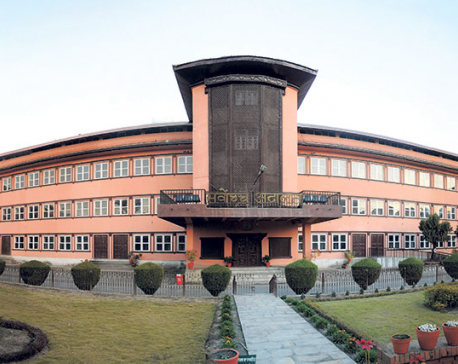
In Defense of Democratic Institutions
When the judiciary, constitutional and regulatory bodies are turned into epicentres of corruption, run by nominees notorious for their malpractices... Read More...
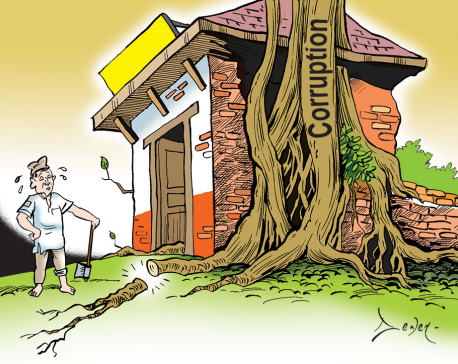
Corruption weakens democracy
During the Gettysburg Address in 1863, Abraham Lincoln stated that “government of the people, by the people, for the people,... Read More...



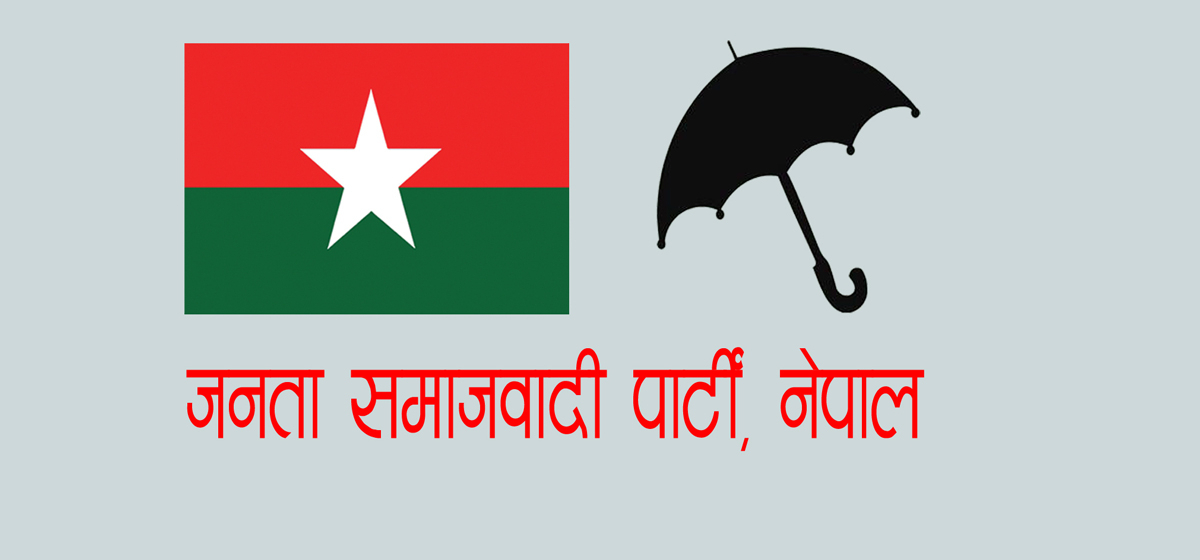
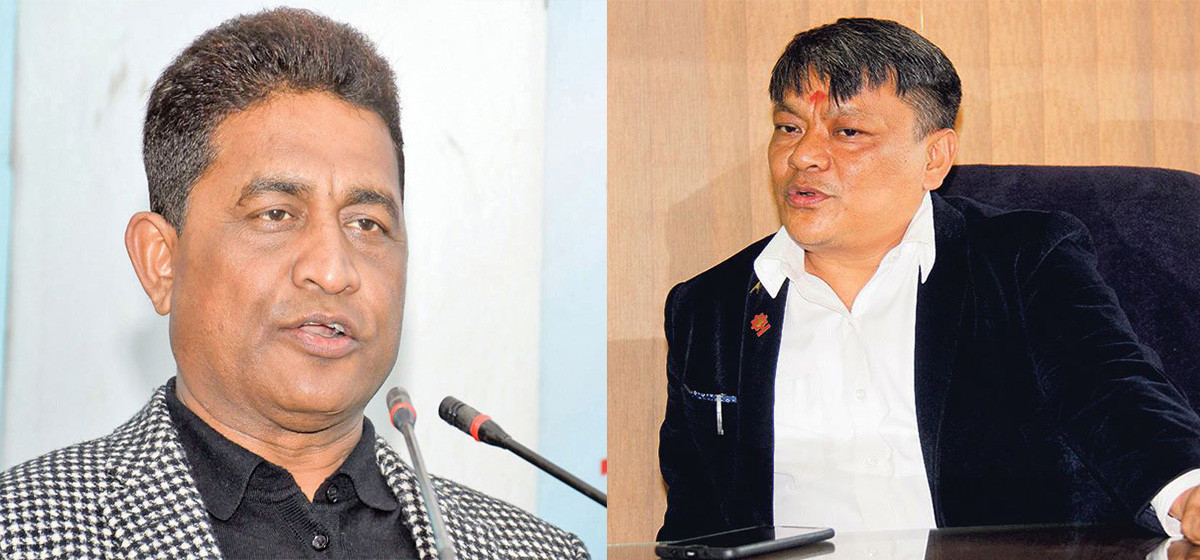
Just In
- JSP Central Executive Committee meeting being held today to discuss national convention representative election guidelines
- KMC adjust office hours, services now start at 9AM
- Five-match T20 series: first match between West Indies 'A' and Nepal starts today
- Govt yet to pay Rs 60 billion to contractors
- Nepal’s poorest district identified as Bajura, richest as Mustang
- Wind storm likely at a few places of Koshi and Sudurpaschim
- EVs adoption in Nepal surge in Nepal with government support measures
- Mayors' Forum urges Finance Minister Pun to settle electricity dues









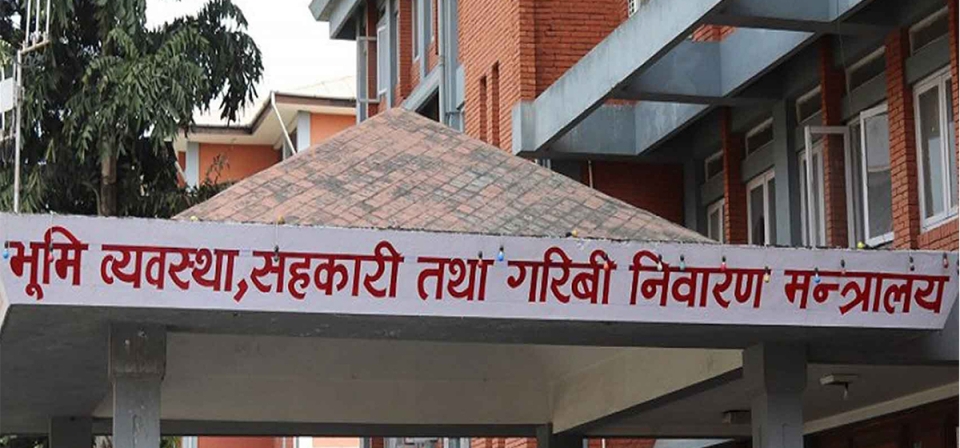



Leave A Comment